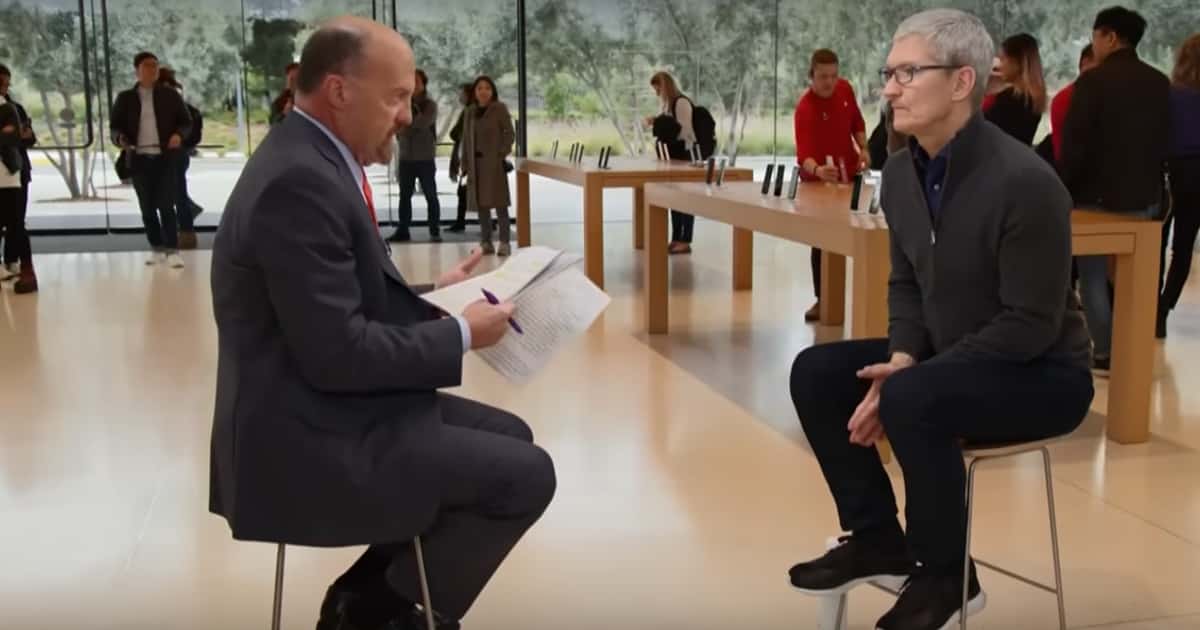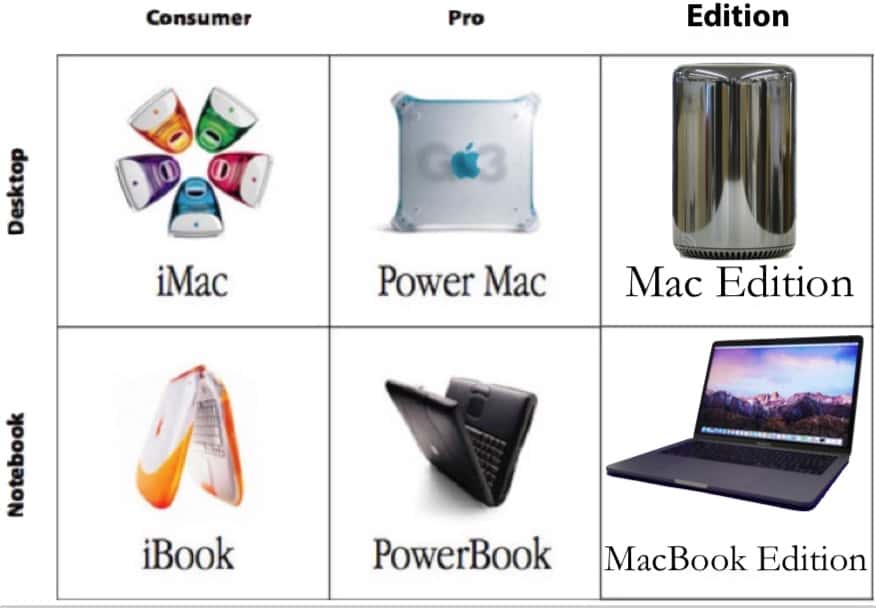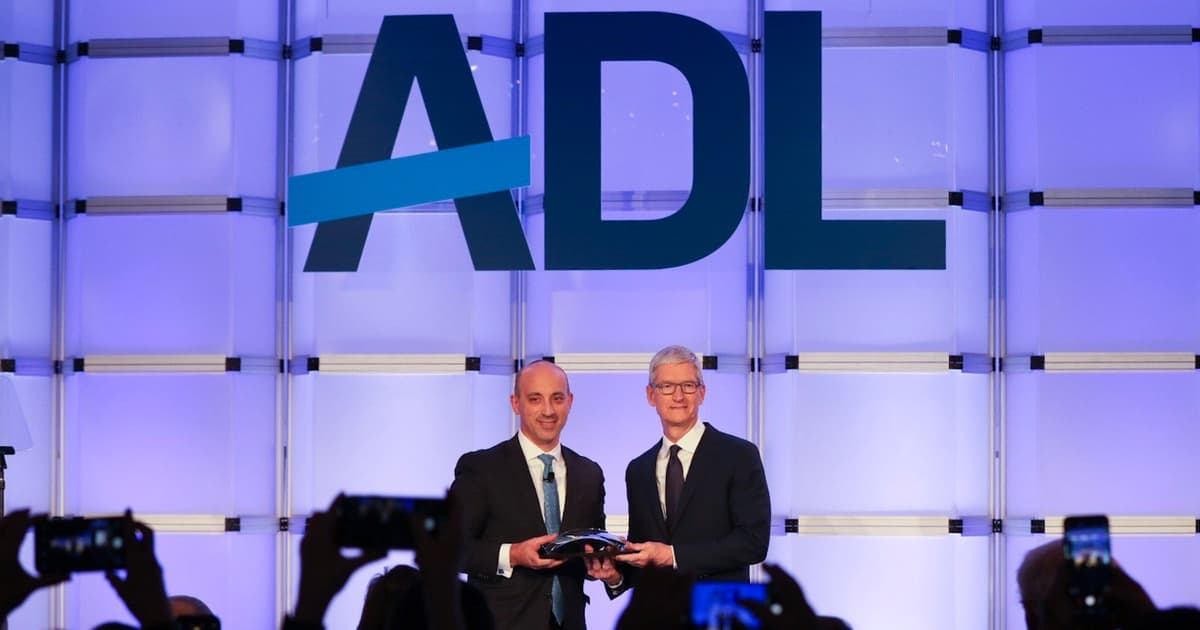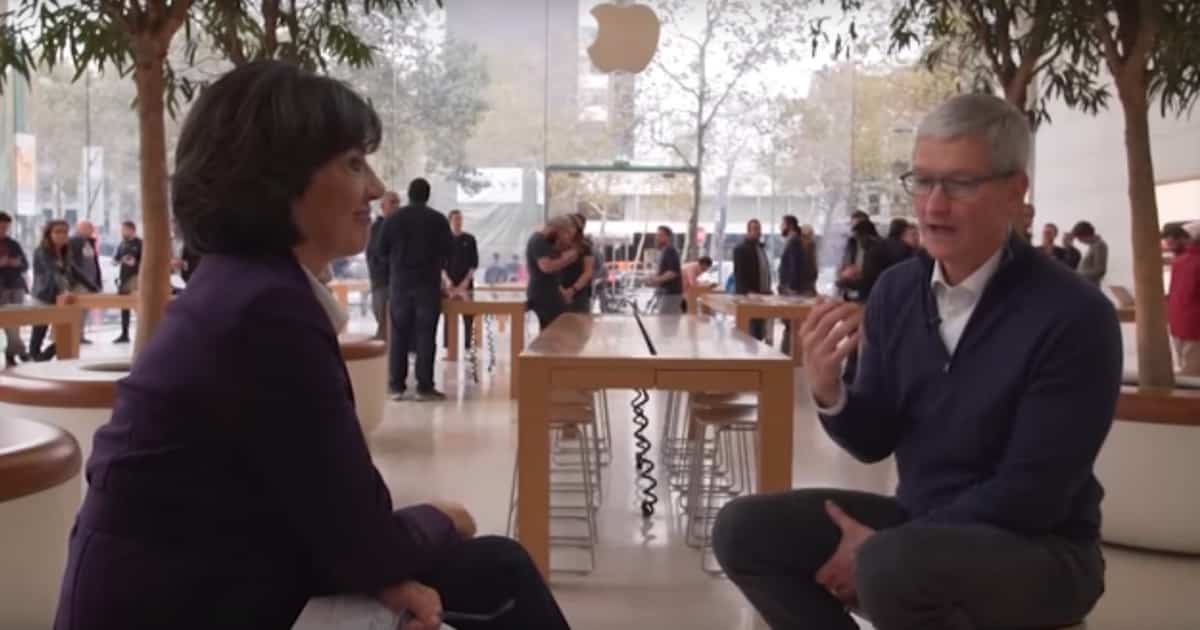Bryan Chaffin is joined by Dave Hamilton to take a very high-level look at Apple, comparing the company from its early days to the company of today, and looking ahead to what kind of company Apple might be tomorrow.
Tim Cook
Democrats Question Tim Cook Over FaceTime Bug
Democratic Reps. Frank Pallone, Jr., and Jan Schakowsky wrote a letter to Tim Cook today asking for details about the FaceTime bug.
Facebook Research Broke the Rules. Now it Faces the Consequences
Casey Newton wrote a defense of Facebook/attack of Apple, because of the Facebook Research app that got banned.
But for all the attention we’re paying to Facebook’s moves here, I hope we spare at least as much for Apple. If Tim Cook can wreak this much havoc on Facebook’s day, however justified, just imagine what power Apple holds over the rest of us.
That power is App Store rules, which Facebook willfully ignored. We should be glad that big companies have to follow the same rules as small companies. If you’re a Facebook employee unable to use internal apps, don’t be mad at Apple. Instead, be mad at your employer who was willing to throw it all away in order to take advantage of children.
For 12 Years Apple Most Admired Company
Fortune has ranked Apple as the most admired company in the world. Apple has held this position for 12 years.
Data Broker Acxiom Backs Tim Cook's Call for Privacy Law
Major data broker Acxiom publicly backed Apple CEO Tim Cook’s recent call for data privacy legislation in the U.S. like the EU’s GDPR.
Collection 1, Tim Cook in Time Magazine – TMO Daily Observations 2019-01-17
Charlotte Henry and Andrew Orr join host Kelly Guimont to discuss the new collection of breached data and Tim Cook’s Time Magazine article.
Tim Cook Reiterated His Call for Data Privacy Protections
Tim Cook reiterated his call for greater data privacy protections in Time, arguing that new legislation and consumer tools are needed.
Apple Researching Connected Clothing
Apple is researching connected clothing that could link to your iPhone and other devices, according to a new patent. AppleInsider reported that the patent, filed Thursday, was titled “Fabric with Electrical Components.” It seems likely that any product that did emerge from this work would focus on health monitoring. On Tuesday, Apple CEO Tim Cook again emphasized how important he considers the company’s work in this field. He told CNBC that it is Apple’s “most-important contribution to mankind.”
A patent application from Apple published by the United States Patent and Trademark Office on Thursday titled “Fabric with Embedded Electrical Components” attempts to work around the problem by describing how fabric-based items could be created, with the fabric itself being the connectivity method. The core of the idea resides with the fabric, in that it is woven together with conductive and insulating yarns. The conductive yarns reside in the inner layers of the weave, while the insulating yarns on the outside prevent any undue contact with the conductive versions.
Apple's Lame Emphasis on Services, 8K TVs Are the Future, with John Martellaro - ACM 496
Bryan Chaffin and John Martellaro hear Apple CEO Tim Cook talk up services and they explain why it makes them nervous. They also talk about the future of 8K TVs and how they will inevitably take over the industry.
Tim Cook Promised New Services, said Qualcomm Promoted 'Fake News'
Tim Cook promised new Apple services in 2019, emphasized healthcare, and discussed his firm’s current Wall Street woes in a major interview.
Will Apple Focus on Innovating and What Would Mac Spinoff Look Like, with John Kheit - ACM 495
Bryan Chaffin and John Kheit chew on Apple’s rare guidance warning like the mangy junk yard dogs that they are. They also discuss innovation, scale, how a giant Apple should be structured, and what a Macintosh, Inc. spinoff might look like. It’s a rollicking episode, and you’re cordially invited to listen in!
Apple Services are Where the Growth is Now
After some rough financial news, Tim Cook is reassuring investors that Apple isn’t done growing by highlighting Apple services.
Step back from the gyrations of the moment, and there’s an emerging strategy for Apple: Sell fewer iPhones and assorted devices such as Macs and iWatches at a higher price than mass-market rivals, and then flood those millions of users–who have more than average disposable income because they were able to afford those devices in the first place–with apps and content that they will pay for.
I expect big improvements in Apple services in the future. Better iCloud storage, an Apple News content subscription (which I will happily pay for if it means no longer needing to visit ad tracking-riddled websites), an Apple video subscription, and more.
Apple Needs to Expand Its Product Grid to Include an Edition Category
Designers would win by being able to make more focused and less compromised designs; consumers would win with more choices; Apple would win with greater focused products, more revenue, better margins, and better market share.
Apple Cloud Services, Password Management, Apple Leadership, with Peter Cohen - ACM 493
Bryan Chaffin is joined by guest-host Peter Cohen to discuss Apple’s cloud services, including the ones they do really well and the ones that suck. They also talk about password management and practices, and look at Apple’s leadership team 8 years after Steve Jobs’s passing.
iPhone Saved Shipwrecked Group's Lives
An iPhone helped save the lives of a group whose boat capsized in high seas. The device kept working, meaning the friends could call for help.
Apple Building New $1bn Campus in Austin
Apple is building a new 133 acre, $1 billion, campus in Austin, Texas and creating thousands of jobs across the U.S.
Apple Rises up Best Places to Work Rankings in Glassdoor Rankings
Apple has risen up the Glassdoor rankings and is now rated as the 71st best company to work, up 13 places from last year.
Tim Cook Says 'No Home' for Hate on Apple's Platforms
Tim Cook said that far-right extremists have ‘no home’ on Apple’s platforms, as a he received an award from the Anti-Defamation League.
Tim Cook Discusses Coming Out with CNN
Tim Cook discussed his sexuality, his legacy and Apple’s development of autonomous technology with CNN’s Christiane Amanpour.
Tim Cook says Tech Regulation 'Inevitable'
Tim Cook conducted a major interview in which he said new regulation was “inevitable” and defended Apple’s relationship wtih Google.
Despite Privacy Stance, Tim Cook Defends Google on iOS
Despite Apple’s stance on privacy, Tim Cook defended Google on iOS during an interview with Axios that aired last night.
Mark Zuckerberg Tries to Tackle Growing Criticisms
Under-pressure Mark Zuckerberg has published a note laying out how Facebook plans to govern content in the future and its progress in 2018.
Facebook Execs Told to Avoid iPhones Because of Tim Cook
What particularly made Mr. Zuckerberg mad was Tim Cook’s comments during a joint MSNBC and Recode interview.
Tim Cook to Receive Courage Against Hate Award
Mr. Cook will accept the award at the ADL’s Never Is Now Summit in New York City on December 3.












